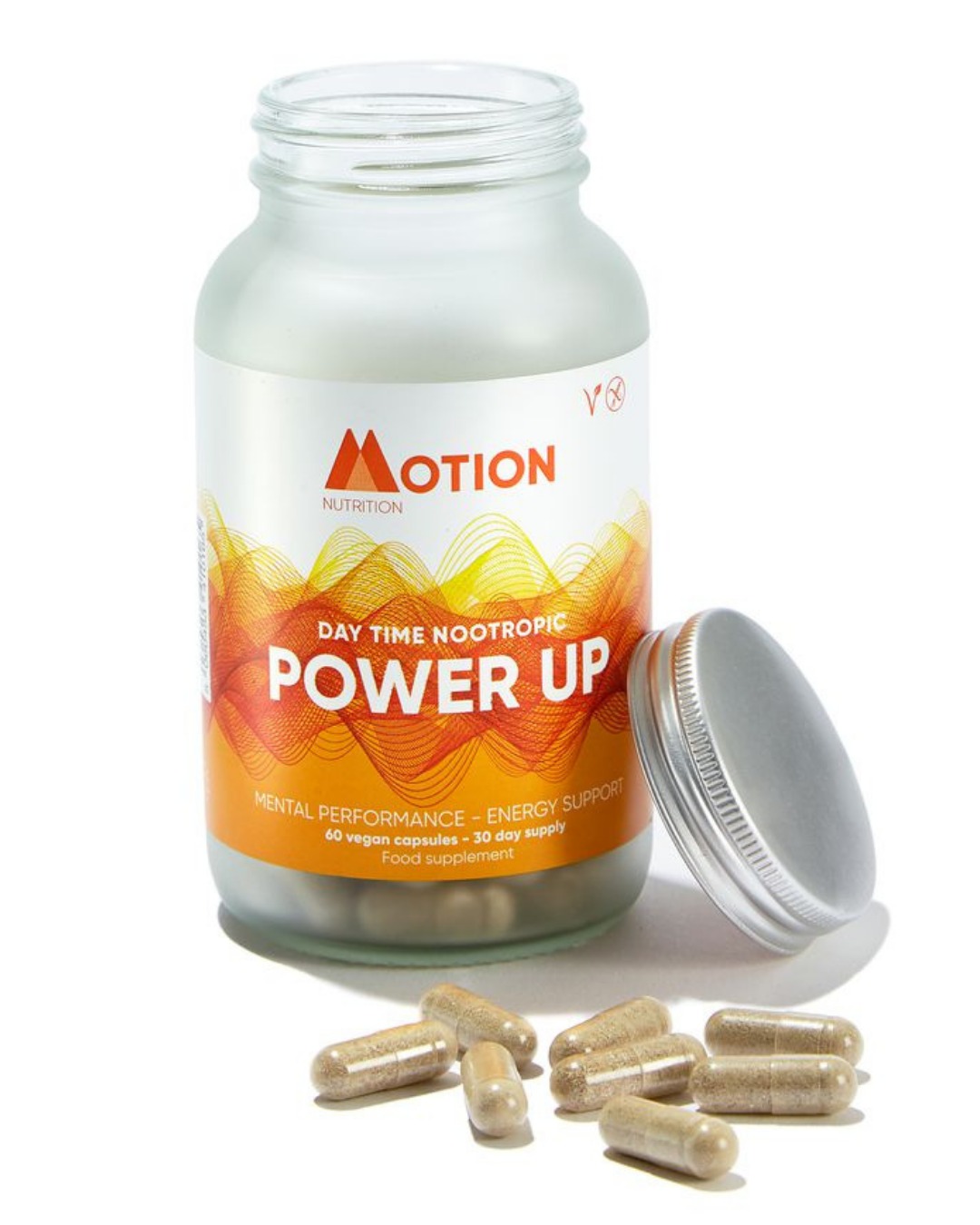Do you struggle to make decisions or go over things in your mind too much? Here’s how to combat the problem and be more decisive…
We can all relate to a situation where we have been tired, stressed or generally not at our best and found we then made choices we later wish we hadn’t, or just struggled to make them at all. This in essence is what decision fatigue is – an exhausting of our capacity to choose in a rational, well-considered and timely manner.
How to spot the most common symptoms of decision fatigue
The most obvious sign will be an increasing rashness. We become more influenced by our emotions and can either find ourselves choosing quickly without full consideration of all the facts, or we end up winding down endless spirals of thought and never quite get to a comfortable conclusion.
We can also generally feel the weight of the world more intensely, we may experience low mood, headaches, generalised musculoskeletal pain, anxiety, broken sleep and loss of concentration.
These effects will extend outside of the workplace too. You may have created the decision fatigue in the office but then on your way home you could find you skip your gym class because you’re so mentally exhausted, you end up opting for a ready meal over cooking dinner as you’d planned because the motivation is no longer there, and/or you more rashly decide to spend an exorbitant amount of money online shopping because your logical weighing up of things has been firmly left behind. Here are some tips on how to combat decision fatigue…
Nourish the nervous system
The more resilient your nervous system is to pressure, the more it can take in terms of burden. I myself, and the majority of my clients, turn to the Motion Nutrition nootropics (cognitive enhancers) Power Up and Unplug on a daily basis to create that tolerance to strain by providing all the nutrients it needs to function at its very best.
Pick your battles
Some things need to be deliberated and considered on a case by case basis, and some things can just be so. If you don’t need to keep making new choices then don’t, meal planning would be a good example here. Pick a rotating selection of breakfasts, lunches and dinners, decide at the beginning of the week what you’ll be having and take this concern out of your day to day, this frees up space for other things.
Know your peak performance time
I would hope most people start their days off the back of a good night’s sleep and feeling at their best, this would then be the time I suggest they maximise on in terms of those bigger or more taxing tasks. Get these out of the way first thing rather than spreading them over the course of the day, this prevents that progressive strain building as you tire.
Give yourself positive feedback
Decision fatigue creates a feeling of being out of control but marking the completion of tasks as you go creates reinforcement that you are progressing forward. A tidy to-do list that gets things ticked off is a great way to both keep yourself on track and create a sense of clarity if you feel yourself going off-piste. I would clarify here that by tidy, I also mean succinct, stick to 5-7 things per day otherwise you’ll end up with a list that adds to the overwhelm rather than aiding with it.
Break wisely
I will often encounter people who fear stepping away from something even if they’re struggling as they take this as a form of failure, however, a well-timed recess can actually be exactly what you need. Just 15-20 minutes of walking out in the fresh air, a quick stretch, some deep breathing exercises, even taking a short nap, all of these offer a moment of calm for the body and mind to come back to itself and allow you to dive back in, cognitive capacity restored. If you track back up to my suggestion of knowing your peak performance times you could also identify your weak points and factor in a longer daily break, say at 3.30/4 pm for an hour.
Make this when you do your gym session, you’ll feel revitalised and then be able to crack through to the end of the day at a far higher level of efficiency compared to if you’d slogged on through before trying to drag yourself to the gym after work. This will be limited by your working situation but if there is flexibility there, then make the most of it where you can.
More information
Tips by Phoebe Liebling, Nutritional Therapist at Motion Nutrition, motionnutrition.com








